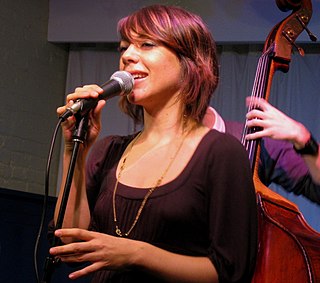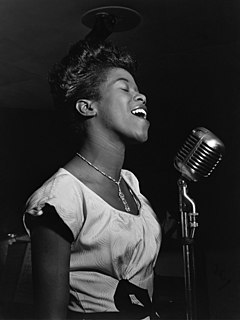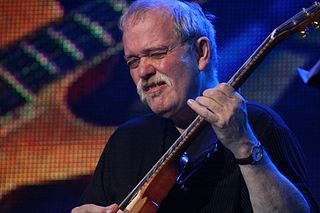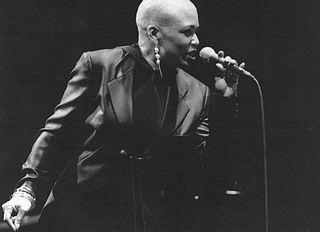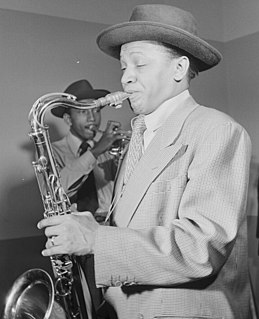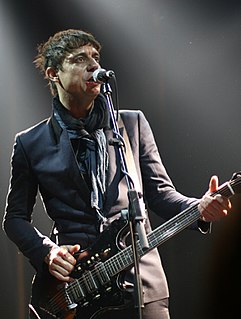A Quote by Gretchen Parlato
I always used to say I'm definitely not a straight-ahead jazz singer, because then there's people who would hear what I do and say, 'Is it jazz? I don't know...' Whatever it is, it really comes down to creating music that makes people feel something.
Related Quotes
I don't know why people call me a jazz singer, though I guess people associate me with jazz because I was raised in it, from way back. I'm not putting jazz down, but I'm not a jazz singer...I've recorded all kinds of music, but (to them) I'm either a jazz singer or a blues singer. I can't sing a blues – just a right-out blues – but I can put the blues in whatever I sing. I might sing 'Send In the Clowns' and I might stick a little bluesy part in it, or any song. What I want to do, music-wise, is all kinds of music that I like, and I like all kinds of music.
Jazz is an endless source of ideas, because you can use anything. You can play operatic arias. You can incorporate them into jazz. You can play gypsy music and incorporate it into jazz. You can European classical and you can incorporate it into jazz. You can use anything and jazz it up, as they used to say.
I grew up in a home filled with music and had an early appreciation of jazz since my dad was a jazz musician. Beginning at around age three I started singing with his band and jazz music has continued to be one of my three passions along with acting and writing. I like to say jazz music is my musical equivalent of comfort food. It's always where I go back to when I want to feel grounded.
The average age of the Jazz audience is increasing rapidly. Rapidly enough to suggest that there is no replacement among young people. Young people aren't starting to listen to Jazz and carrying it along in their lives with them. Jazz is becoming more like Classical music in terms of its relationship to the audience. And just a Classical music is grappling with the problem of audience development, so is Jazz grappling with this problem. I believe, deeply that Jazz is still a very vital music that has much to say to ordinary people. But it has to be systematic about getting out the message.
I was lucky enough to grow up in an era when radio was less formatted. It was really special. You could hear a jazz song then a pop song then a show tune then some jazz. Basically, whatever the DJ felt like playing, he would play. He was educating you and exposing you to things you would never hear otherwise.
We don't live in a jazz world, unfortunately. I think if I had lived in a jazz world, I would have done OK. I'm not sure I would have done great. I'm a lover of jazz music, so I would have been happy, don't get me wrong. I go to jazz concerts like the biggest jazz fan in world. The drag is that I don't play jazz for a living.
I think whatever you believe in affects whatever you express, whatever you create. It shapes your morality in some way. But I don't think that's something that you have to shove down people's throats. I'd rather keep it in the background, and I'd rather people came to the music in an unprejudiced way. I'm glad, in a sense, that most people don't know about me, what I do, much. I'd rather they hear the music, and then say, "I wonder what kind of person created this."
